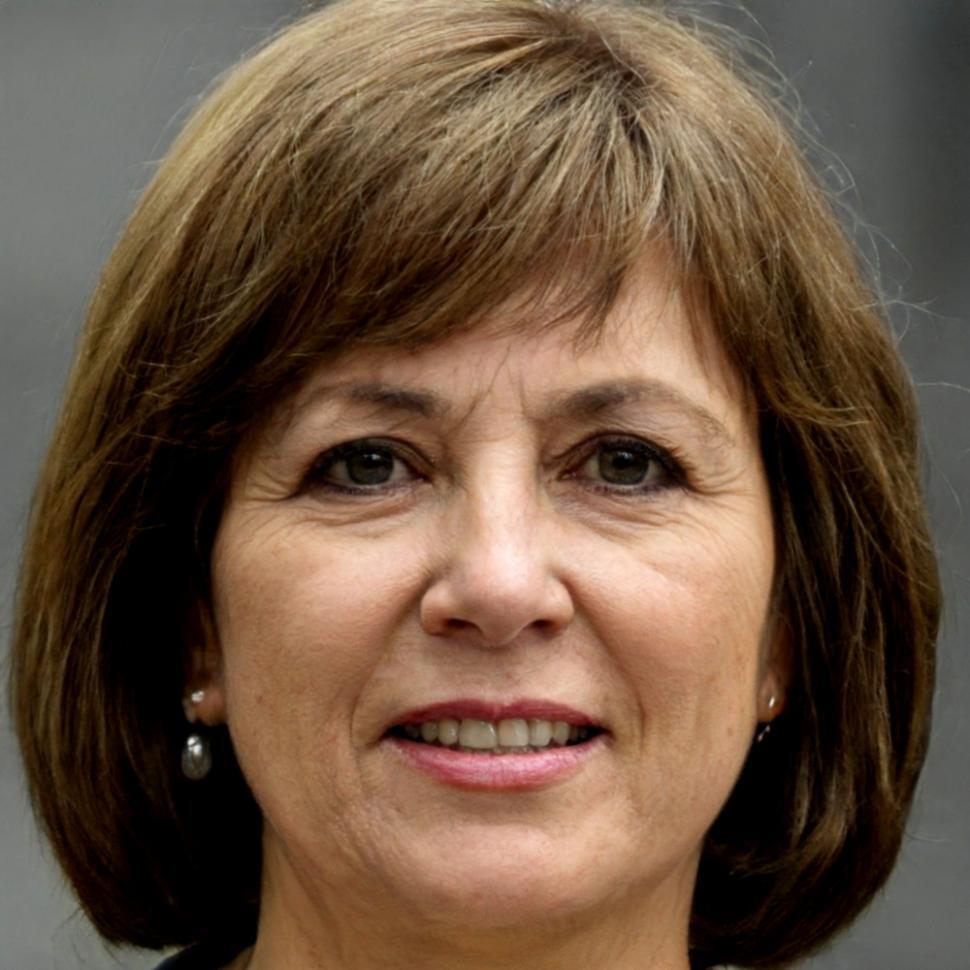Investment Analysis Professional Program
A practical approach to understanding financial markets. This program runs for nine months starting October 2025 and focuses on real portfolio analysis, fundamental research methods, and risk assessment techniques used by working analysts.
What You'll Actually Learn
We break down complex financial concepts into workable skills. Each module builds on what you already know and introduces new analysis frameworks you can apply immediately.
Financial Statement Reading
Start with the basics that matter. We look at balance sheets, income statements, and cash flow documents the way analysts actually use them.
- Reading annual reports efficiently
- Spotting red flags in disclosures
- Understanding accounting adjustments
- Comparing companies in the same sector
Valuation Methods
Different situations call for different approaches. This module covers the models that get used most often and when each one makes sense.
- Discounted cash flow basics
- Comparable company analysis
- Asset-based valuation approaches
- Adjusting for market conditions
Portfolio Construction
How do you actually build something diversified? This section walks through allocation decisions, rebalancing strategies, and risk measurement.
- Asset allocation frameworks
- Correlation and diversification
- Rebalancing triggers and timing
- Position sizing considerations
Market Analysis Techniques
Technical indicators, sentiment measures, and macro factors all provide useful context. We explore what works and what's mostly noise.
- Chart pattern recognition
- Volume and momentum indicators
- Economic data interpretation
- Sector rotation patterns


How the Program Actually Works
Classes run twice weekly in the evening. Tuesdays cover new concepts and frameworks. Thursdays focus on applying what you learned to real company data.
You'll spend most of your time working through actual case studies. We pull financial statements from ASX-listed companies and walk through the analysis process together.
Evening Schedule
Classes run 6:30-9:00pm to fit around work commitments. Sessions are recorded if you need to catch up later.
Real Company Analysis
Every week you'll analyze different companies. We look at successes, failures, and everything in between to build pattern recognition.
Small Group Sessions
Maximum 18 students per cohort means you can actually ask questions and get detailed feedback on your work.

Dr. Helena Rasmussen
Former equity analyst at Macquarie. Teaches valuation and financial modeling. Helena spent twelve years covering industrial companies before moving into education.

Margot Chen
Portfolio manager with background in quantitative research. Handles the market analysis and portfolio construction modules based on methods she's used managing client funds.
Your Capstone Project
In the final eight weeks, you'll build a complete investment thesis on a company you choose. This becomes part of your portfolio and demonstrates what you've learned.
Company Selection
Pick any publicly traded company that interests you. We help narrow down the scope and identify what data you'll need.
Research Phase
Gather historical financials, industry reports, and competitive data. You'll document your sources and build your analysis framework.
Valuation Work
Apply multiple valuation methods and compare results. This shows you understand the limitations of each approach.
Final Presentation
Present your thesis to the group in a 20-minute session. You'll get questions and feedback from both instructors and peers.

